New Orleans, January 1985. John Thompson was arrested after being fingered for the murder of hotel executive Ray Liuzza on December 6, 1984. As it would turn out, Thompson would spend almost two decades fighting for his freedom against a system aiming to have him executed or locked away forever.
Arrest and Establishing A Criminal Record
At the end of 1984, John Thompson was just 22-years old and had two children. He would end the year with the police busting down his door and taking him in for questioning in regards to a homicide. Prior to all of this, Thompson had no violent criminal record even though he admittedly dealt drugs.
The New Orleans homicide detectives sat him down to listen to a witness recording. This witness–who knew John Thompson–told detectives that he sold him the very same gun used in the robbery and murder. Other witnesses would finger Thompson as being responsible for a series of crimes in the neighborhood including robbing children.
Sometime after the murder and robbery of Ray Liuzza, an acquaintance named Kevin Freeman sold Thompson the gun reportedly used in the crime and a ring. During his trial, defense attorneys suggested that Thompson didn’t mention this information.
New Orleans’ Crosshairs
John Thompson found himself convicted of that particular robbery. This conviction served to establish a criminal history for him as the state put him in the crosshairs of New Orleans prosecutor Harry Connick Sr., a well known local jazz singer, father of singer Harry Connick Jr. and skilled lawyer.
Connick also became known for the electric chair model on his desk, something he inherited from his predecessor, Jim Garrison. This electric chair featured the pictures of several Black men condemned to death.
During the early 1980s, the Democratic Party wasn’t exactly leaning heavily towards being against the death penalty and pro-prison reform like today’s Democratic Party. Connick and Garrison were old south Democrats, this meant they had the same likelihood of being elected to a post as a Republican in the south.
This also meant they had certain responsibilities to the public–certain actions expected of them. Actively pursuing the death penalty was a political must in some cases. John Thompson would be the latest in the crosshairs and they were successful in getting a jury to convict him.
REFERENCE
–http://www.motherjones.com/politics/2010/10/connick-v-thompson/
–http://www.truthinjustice.org/John-Thompson.htm

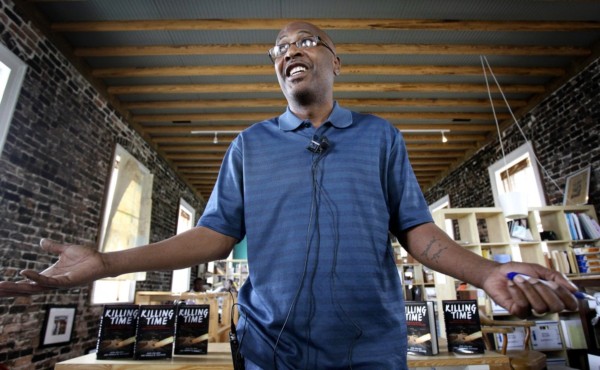



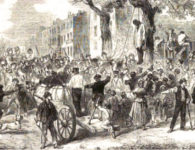
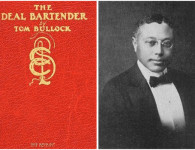

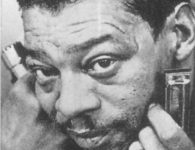
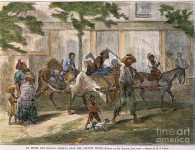

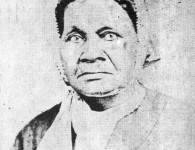
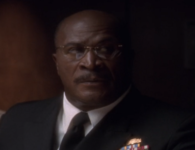

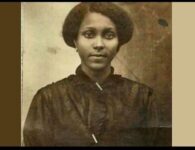

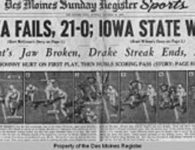
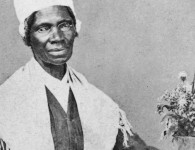
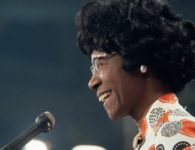


1 Comment
Your web has proven useful to me.